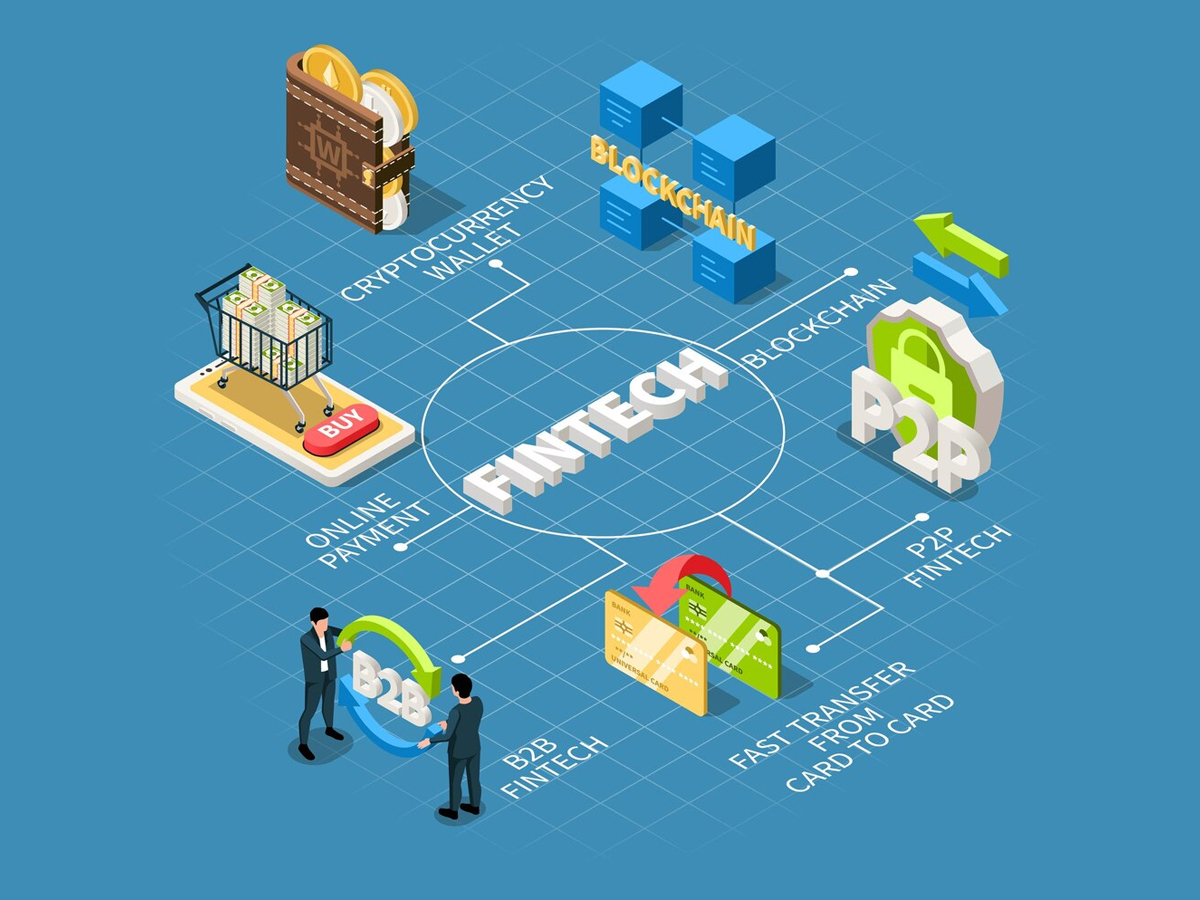Fintech has transformed the banking sector, offering innovative solutions for managing finances. However, a series of high-profile incidents have raised concerns about the safety and reliability of these digital platforms. As consumers, it’s crucial to understand the risks and take steps to safeguard our wealth in this evolving industry. Even established fintech companies are not immune to controversy. Revolut, a major player in the digital banking space with over 45 million customers worldwide, has recently come under intense scrutiny. According to a BBC investigation released on Oct. 14, 2024, a business owner had £165,000 stolen from his Revolut account by fraudsters who allegedly bypassed the company’s ID verification process.
The investigation also revealed a more systemic issue: Revolut was named in more fraud reports in the last financial year than any major high street bank. This raises serious questions about the company’s security measures and fraud prevention protocols. Despite Revolut’s claims of having “robust protections” to meet legal and regulatory obligations, the high number of fraud reports suggests potential vulnerabilities in their system. Revolut’s issues are not isolated. The collapse of Synapse Financial Technologies earlier this year reverberated through the financial sector, leaving over 100,000 Americans unable to access $265 million in deposits. The incident exposed vulnerabilities in the complex network of partnerships between fintechs and traditional banks.
Other fintech companies have faced similar issues: Wonga, a UK-based payday lender collapsed under regulatory fines and compensation claims for irresponsible lending practices. Lendy, a peer-to-peer lending platform for property investments in the UK, Lendy failed due to high loan default rates and increased regulatory scrutiny. Beam, promising high-interest savings accounts, Beam shut down amid operational issues and regulatory challenges, leaving customers struggling to access their funds. Celsius Network, a crypto lending platform that filed for bankruptcy during the 2021/2022 crypto market downturn, highlighting the risks of promised high returns in the volatile crypto space.
While these incidents are concerning, it’s important to note that not all fintech companies are created equal. Larger, more established firms like PayPal and Block’s Cash App have strong security measures and partnerships with reputable banks. However, even these companies operate in a regulatory gray area, and consumers should remain vigilant.
To safeguard your finances when using fintech services:
– Verify FDIC insurance: Ensure your funds are held in FDIC-insured accounts, understanding the specifics of the coverage.
– Research thoroughly: Investigate the company’s security measures, fraud protection policies and regulatory compliance before signing up.
– Limit personal information: Only provide essential data when setting up accounts.
– Monitor regularly: Keep a close eye on your transactions and report any suspicious activity immediately.
– Diversify holdings: Don’t keep all your funds with a single fintech provider, especially newer or less established ones.
In response to these incidents, regulators are taking action. The FDIC has proposed rules requiring banks to closely monitor accounts maintained by their fintech partners. Congressional representatives are also pushing for measures to address risks associated with fintech partnerships. Despite these challenges, fintech continues to offer significant benefits, from improved accessibility to innovative financial tools. As the industry matures, we can expect more potent security measures and clearer regulations. The key for consumers is to approach these services with informed caution. By understanding the landscape and taking proactive steps to protect your wealth , you can enjoy the advantages of fintech while minimizing potential risks. If a fintech offering seems too good to be true, it likely is. Always prioritize the safety and security of your hard-earned money over flashy features or promises of high returns. Stay informed and keep on guard, and you’ll be better equipped to navigate the ever-evolving world of digital finance safely.





